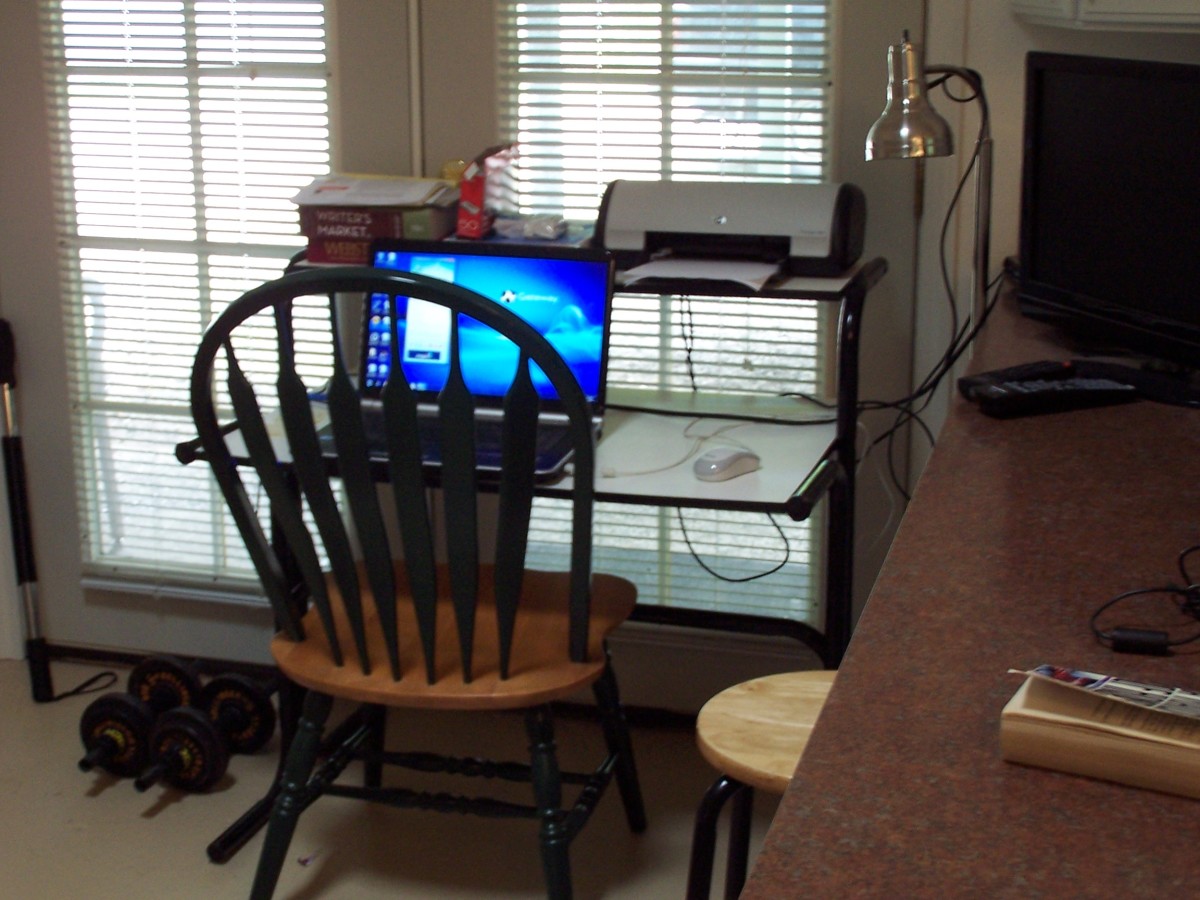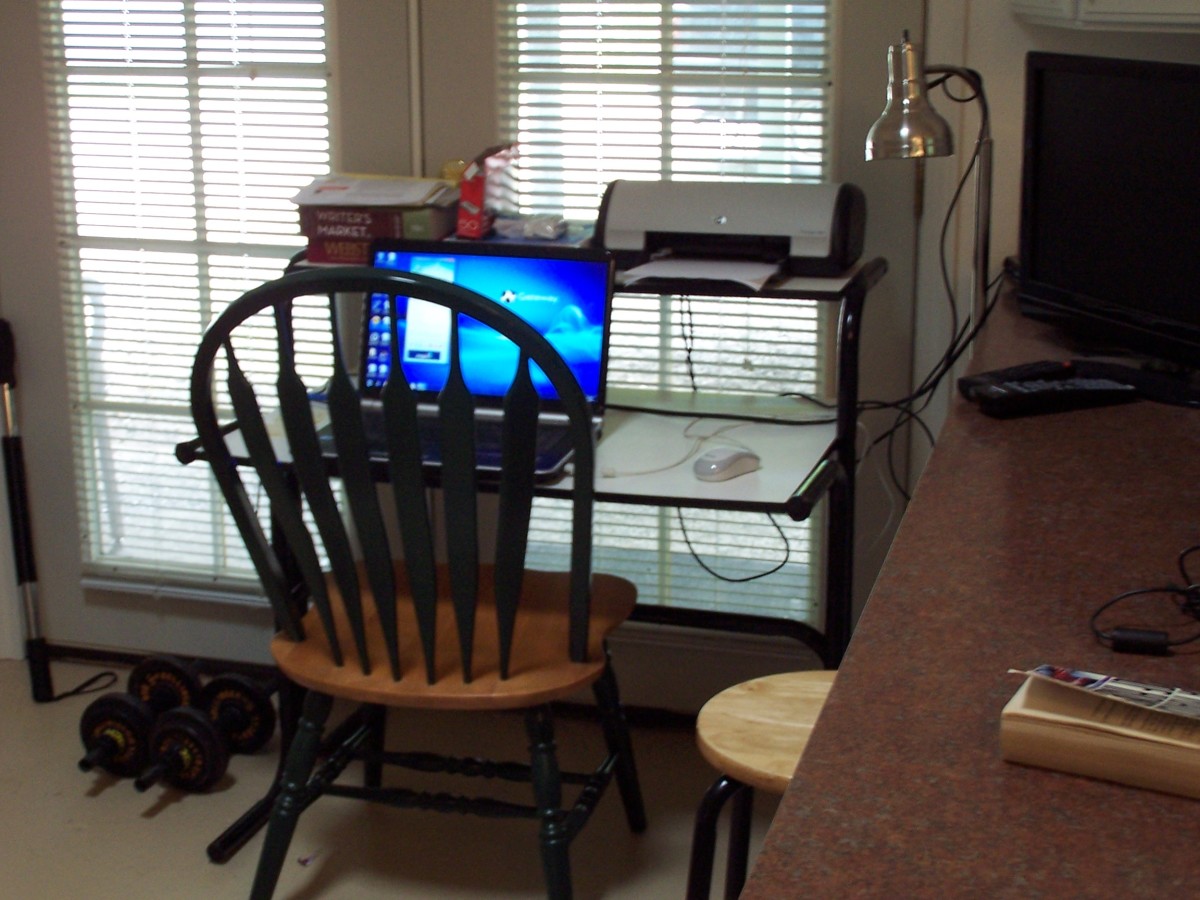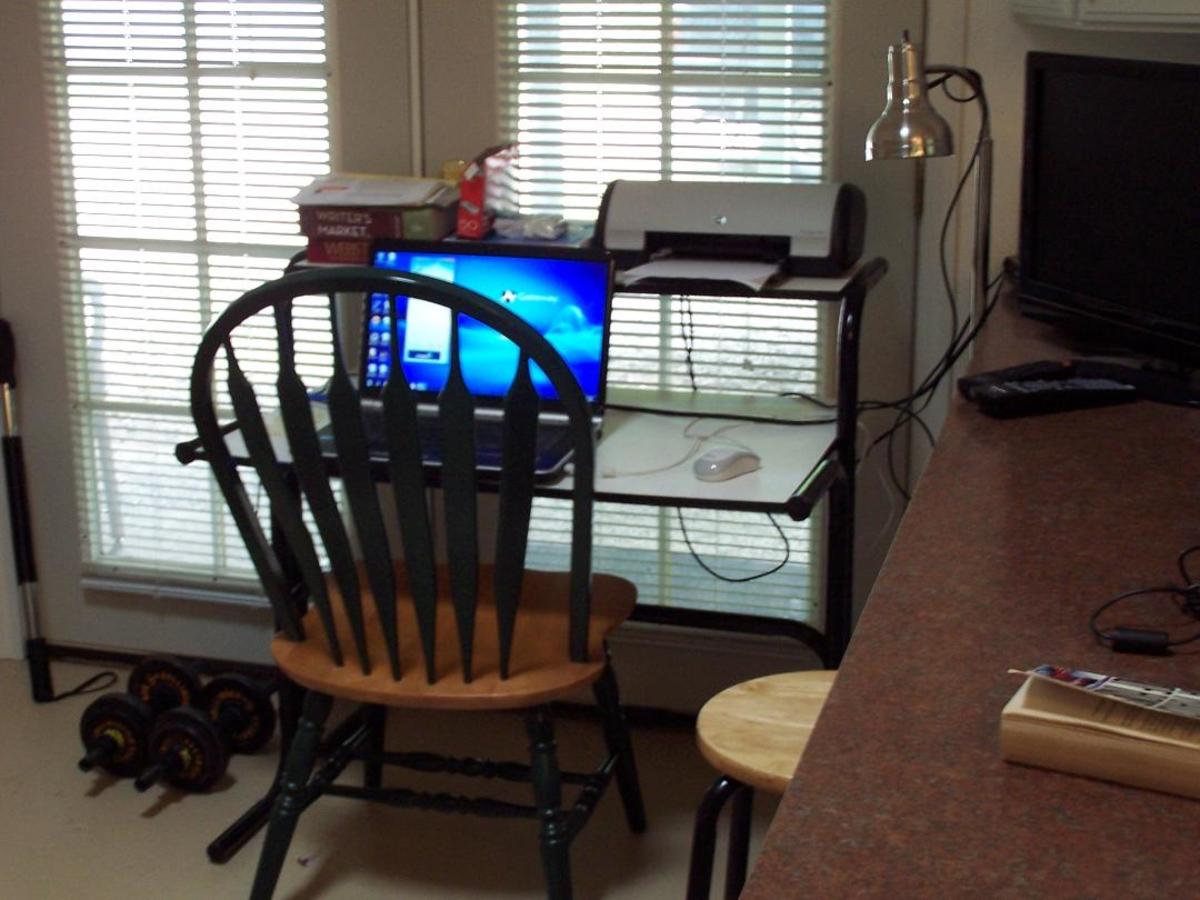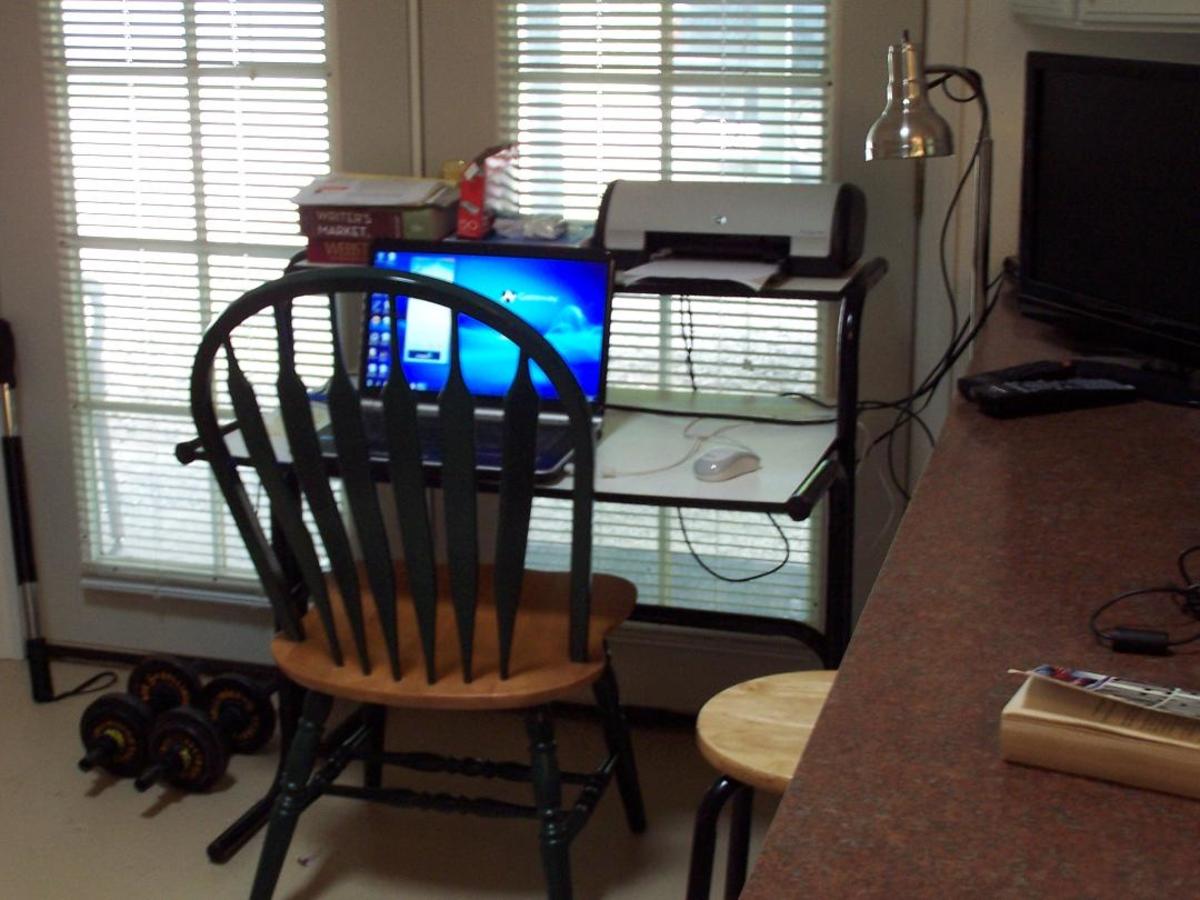The Writer's Mailbag: Installment 217
Six Weeks to Go
It’s hard to believe we have done eighteen weeks of the farmers market, and there are only six weeks to go, but the calendar doesn’t lie, and I find it all bittersweet. I love the market, and being a part of its growth, but once it ends I can return to my novels, something I have sorely missed and thus, the mixed feelings.
Until September 27th, however, it will just be the Mailbag from me, so thanks for being here. Let’s find out what our peers want to know this week.
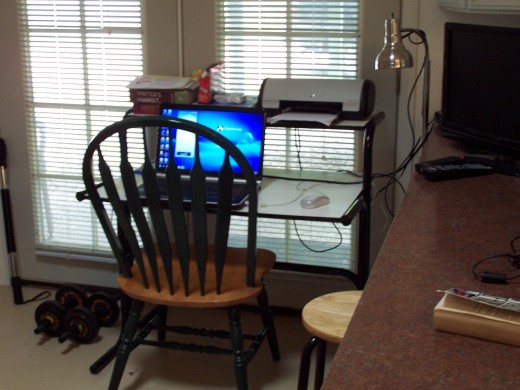
New Paragraphs
From Eric: “I was just working on a normal piece and the paragraph seemed wrong. Kind of like how and when to use commas. What is you best test for breaking it up into paragraphs?”
Eric, this is one many beginners stumble over. Thankfully the rules are pretty clear on new paragraphs. There is a bit of wiggle room but not much.
Three times you definitely should start a new paragraph:
- When you start a new topic
- When you change time or location
- When a new character speaks.
In addition, you might want to start a new paragraph when:
- You want to emphasize something for dramatic effect, or
- To break up a long speech by one of your characters.
I will add one more to the mix: when it just feels right for the flow of the story!
Pretty simple, right?
Understanding Similes
From Mary: “Regarding similies, how do you know your audience will understand it? Nowadays, especially for online writers, the audience is international and people may not have the same frame of reference.”
Mary, you are absolutely correct in your statement. You do have to be careful with similes for exactly that reason. Will you ever completely know that your simile will be understood by your entire audience? No! You just roll the dice, use common sense, and go for it. If I tell you it was hot yesterday, hot like my Aunt Martha’s tamales, I feel pretty safe in my supposition that everyone will know what that means, because everyone has had spicy food before. If, however, I used a regional simile, like it was “hot like a SeaHawk Sea Gal”, my meaning might be lost on many.
Give it some thought before committing.

Protocol for Using Comments
From Rodric: “Now, I have taken you lead as I have read you Mailbags. I want to use comments from readers in my own series. Now, I am not trying to take your mailbag idea hook and sinker. I like the concept of using comments in articles. Is there some ethical concern I should consider while doing this? I am not using names and none of the comments in my first article are from within the last five years. Is it public domain since it is on a public forum? I would not use comments from other people's articles without get permission first out of respect. But is that even necessary because this is a public forum? Sorry for the long post and litany of questions. These are not introspective questions. I look forward to your advice.”
Interesting questions for sure, Rodric.
I made it known early on that if someone asked a question in their comments, that question could show up in the Mailbag. That seems to have worked these past four years. On several occasions I’ve had people ask me not to use their questions in the Mailbag and I have honored that request.
I do think, as a general word of advice, if you are going to mention names, it is a good idea to get permission. Yes, this is public domain, but there are also hurt feelings to consider, and who knows what is hurtful to one and not hurtful to another?
Unless you have a series like this one, where it is assumed that any question asked will be used in the future, I think getting permission is best. Why risk it?
One way around it, however, is to simply change the name of the person who asked the question. Just use a fictional name and all is forgiven.
Pre-Planning a Book
From Linda: “I have a question about "planning" a story. I know that you have a thought, an idea of a story line, but then do you just let your Muse take you from beginning to end without a plan, or do you take the time to organize your thoughts? In English comp we were always required to create an outline before we started writing. When you start, do you know what the end will be (and how you will get there) or does the story unfold and reveal itself to you as you write?”
Linda, I was raised by nuns in Catholic school, and they must all be rolling over in their graves and weeping because of the way I “plan” a story, as in no plan. I was taught to outline, just as you were, and I promptly tossed that instruction to the side of the road, right next to the day-old carcass of a too-slow raccoon.
I don’t outline! I never will outline! No, there is nothing wrong with outlining. I highly recommend it for people who need it, but evidently my muse finds outlines to be insulting.
I begin with an idea. Almost all of my books begin with a creative writing exercise, some scene in my mind which is screaming to get out. The story unravels from there and no, I have no clue what the ending will be when I start writing. That usually reveals itself to me about halfway through the book.
And no, I do not recommend my approach to anyone else.
So take that, Sister Margaret!
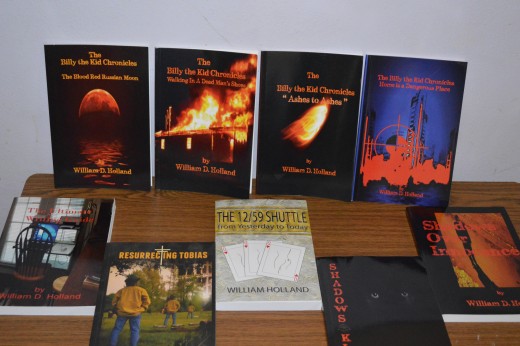
Hp Edits
From Ann: “Talking of HP rules - you will be able to see, even across the pond, steam coming out of the top of my head and from my ears as I'm still trying to calm down after 2 days of HP still editing a hub of mine. They have so far completely messed up and I can't even get into the hub whilst they're doing so! I've emailed them but no answer as yet. They've completely changed the geography of Norfolk! What are they playing at? (That is not a question for your mailbag unless you want it to be!) It's so frustrating, I won't have much of my already short hair left if they take any longer.”
Ann, I gave up a long time ago trying to figure out HP and their rules. I don’t blame you at all for being upset. This is a writer thing that only writers will understand. Our writings are personal. They are a part of who we are, our babies if you will, and when someone starts messing around with our personal creations, it naturally upsets us. I guess one could say we give permission to HP to do so by publishing on their site, but I don’t like it one bit and I’m not surprised it has upset you. It seems to me to be a violation of sorts.
As for recourse, there is none that I can see and that, too, annoys the hell out of me.
As a side-note, for those of you paying attention, Ann probably knows more about grammar than any five HP editors combined, which just adds to the ridiculousness of it all.
How Are Books Printed
From Venkatachari M: “I want to know how they publish the books. Rather, to be specific, how do they print the books? Through ordinary printing press or any computerized techniques in operation? I hope you might have visited some printing establishments and so can answer my question. Thanks, in advance.”
It’s an interesting question, Venkatachari M. Gone are the days of typesetting. Can you imagine how laborious that once was, setting type for every single letter in a manuscript? My God that must have taken a long time to do.
Today we have computers doing the job that was done by skilled compositors back in the 15th and 16th Centuries. Back then, a skilled compositor could assemble about 2,000 characters on a printing press in an hour. Today a computer can do that in about two seconds.
I have not visited a printing establishment so I have not seen the process in person, but I suspect there is very little to the process. A computerized manuscript is simply downloaded onto a computerized template and is instantaneously printed. Today more pages are printed in an hour than were printed in a year in the 15th Century, and we owe it all to the continual march forward of technology.
Switching Styles
From Rinita: “My question is - how does one effectively switch between writing styles? My own style is deeply influenced by English classics that I devour through most of my reading time. More passive voice, old language, and long sentences being some of the characteristics. When I write for myself, I am content with this style because it gives me a feeling of words freely flowing like an unbridled horse galloping through the woods. However, when I write for customers, or article sites, they usually prefer a contemporary approach with short sentences and catchy, modern words. When I switch to this style, I am never satisfied with my writing, even if they are. So I would appreciate if you have any wise words on how to switch between styles, and still turn out quality work.”
Thanks for the question, Rinita. A similar question was asked about a month ago about switching voices when writing; my answer is the same.
I must do this daily as I switch from my freelance, ghostwriting blog job, to my creative work, and for me the solution is twofold:
- I take a ten minute break between the end of one style and the beginning of another, and
- I read previous work done creatively before starting in on creative writing, thus subconsciously putting myself into that creative style.
I’m not sure if that will work for you, but it has always been helpful for me. It is much easier to make the switch the longer you work at this writing game. There seems to be some sort of mental trap door which will open up into a new style upon demand, and close out the other style, but that trap door only works properly with practice.
Great Questions This Week
Man, that was fun! After four years I still love the Mailbag. Thanks to you all who asked questions, and thanks to you all who continue to support the Mailbag week in and week out.
What do you say? Same time next week?
I look forward to it!
2018 William D. Holland (aka billybuc)
“Helping writers to spread their wings and fly.”

